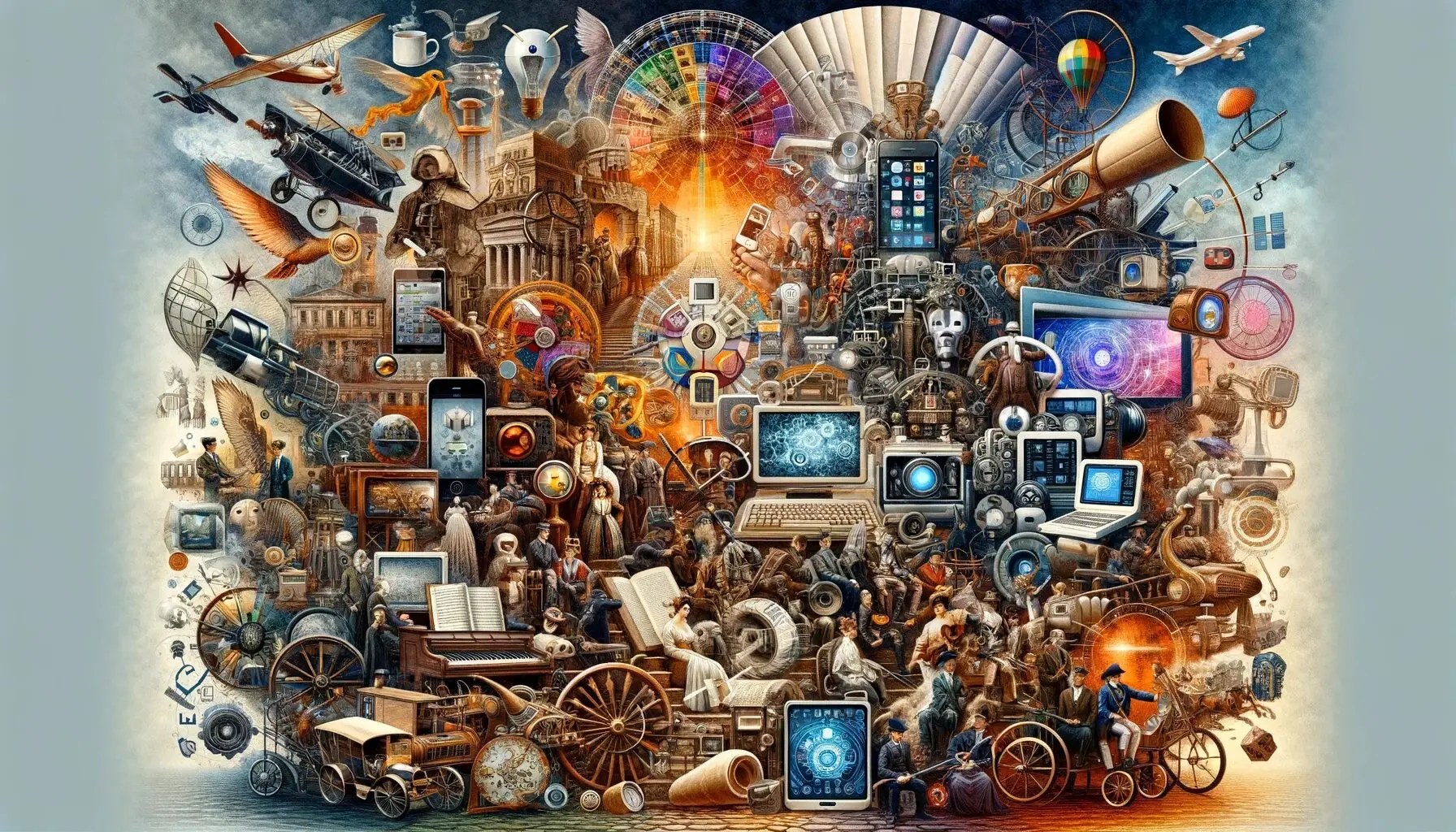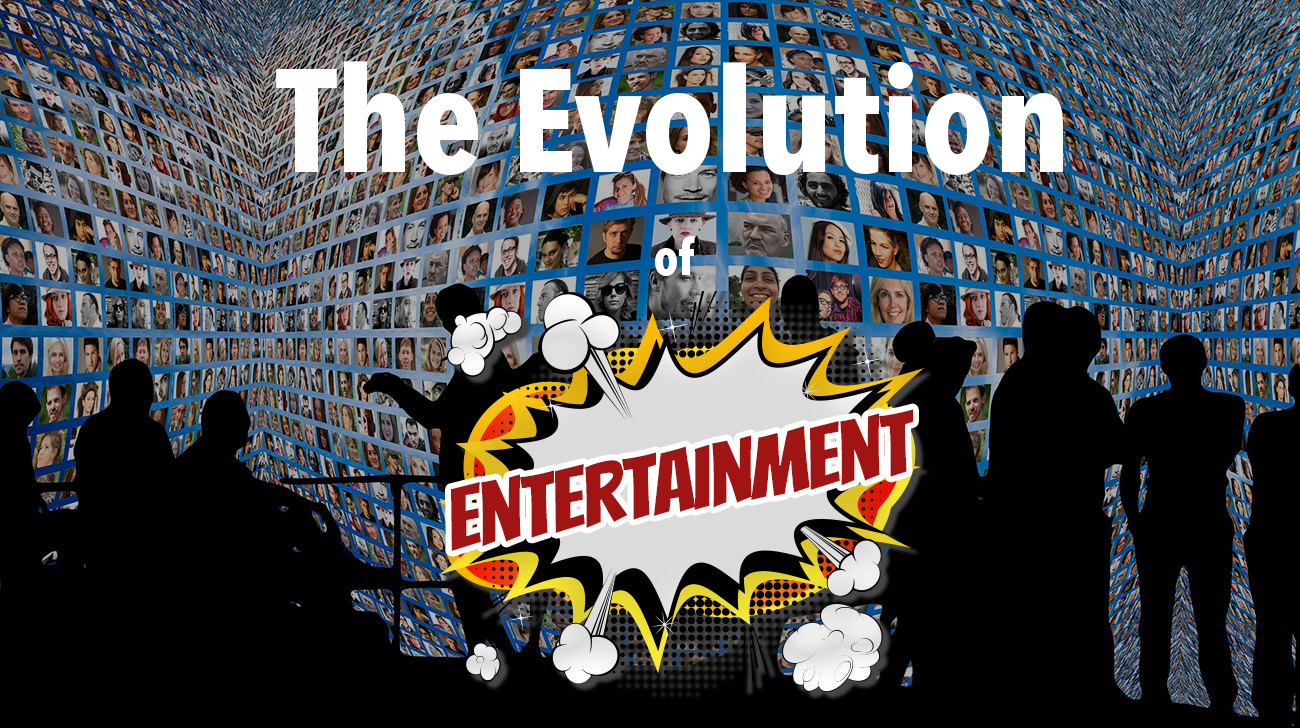In the ever-evolving landscape of entertainment, technology has emerged as the driving force behind our cultural experiences. From the invention of the printing press to the advent of streaming services, technological advancements have continuously redefined how we consume, create, and share stories, music, and visual arts. Today, we stand at the cusp of a new era where entertainment is not merely a passive experience but an interactive, immersive journey tailored to individual preferences. This evolution not only transforms our leisure time but also shapes our societal values, cultural identity, and global interconnectedness.

The digital revolution has democratized content creation. In the past, entertainment was largely produced by centralized entities such as movie studios, music labels, and publishing houses. Today, anyone with a smartphone or a computer can create and distribute content worldwide. Social media platforms like YouTube, TikTok, and Instagram have democratized access to audiences, enabling creators to bypass traditional gatekeepers and reach millions of viewers. This democratization fosters cultural diversity and inclusivity, as stories and perspectives from all corners of the globe can gain a global stage.
Moreover, virtual and augmented reality (VR/AR) technologies are transforming entertainment into an immersive experience. VR headsets and AR apps enable users to step into virtual worlds, participate in interactive storytelling, and experience events and concerts as if they were physically present. This shift from passive viewing to active engagement deepens our emotional connection to the content, making entertainment more memorable and impactful. Imagine attending a concert in a virtual arena with friends from around the world, or exploring a historical site through an AR-enhanced tour—these experiences blur the lines between reality and fiction, offering unparalleled access to culture and knowledge.
The rise of streaming services and on-demand content has revolutionized how we consume entertainment. Gone are the days of waiting for a weekly TV show or physically visiting a movie theater. Today, consumers have instant access to a vast library of movies, TV shows, music, and podcasts, tailored to their individual tastes through sophisticated recommendation algorithms. This on-demand model not only caters to our immediate desires but also nurtures our curiosity, enabling us to explore new genres, artists, and creators from different cultures.
Yet, the evolution of entertainment brings both opportunities and challenges. The democratization of content creation has led to an explosion of information, making it difficult for quality content to stand out. The rise of streaming services has also raised concerns about the sustainability of the creative industries, as artists and creators grapple with dwindling royalties and competition for attention.
In conclusion, the evolution of entertainment driven by technology is a double-edged sword. While it democratizes content creation, transforms experiences, and provides unparalleled access to global culture, it also poses challenges to the sustainability and discoverability of quality content. As we navigate this new era, it’s essential to foster a balanced approach that supports creators, preserves cultural diversity, and ensures that technology serves to enhance, rather than diminish, the human experience of entertainment.















